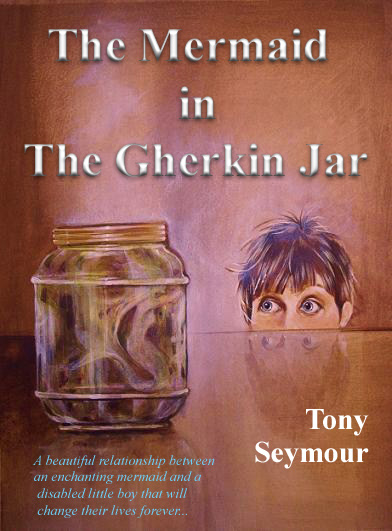Brooklyn Decker’s recent announcement of her intention to adopt a disabled child has brought the issue of adoption of children with special needs into the spotlight. But whilst celebrities can offer a disabled child a new lease of life, it appears that they are still at risk of being lost in the system.
It was almost exactly six years ago that a certain pop legend hit the headlines when she left Malawi with a one-year-old baby boy under her care. The press frenzy which followed Madonna’s adoption of David Banda centred on the legality of the adoption itself and criticised the way in which the ”A’ List’ celebrity had allegedly used her fame to fast track what would otherwise have been a lengthy and complex process.
Other more cynical commentators queried whether the star’s motives were genuine or whether they were part of a base public relations exercise. Indeed, 2006 saw a spate of celebrity adoptions. Meg Ryan took Daisy, a child from China into her care, whilst Ewan McGregor’s family welcomed Jamiyan, a four-year-old girl from Mangolia. These acts, as well as other celebrity adoptions, prompted derisive headlines from certain corners of the media, some glibly observing that an adopted child was the latest ‘must-have’ fashion accessory.
A few days ago, Brooklyn Decker was responsible for another adoption stir when she commented on her desire to adopt a child with her tennis star husband Andrew Roddick. However, what made this announcement more interesting, was that the couple intend to adopt a child with a disability. The model-turned-actress told a Canadian magazine that the inspiration behind her decision was her aunt who is a Special Olympics athlete. The adoption of disabled children is nothing new, of course. Nevertheless, Decker’s comments do draw attention to an area, which is perhaps in need of some publicity.
As far as the UK is concerned, inconsistencies in the meaning of the word ‘disabled’ means that exact figures on the number of disabled children who are adopted each year, are unavailable. The fact remains, however, that disabled children are far less likely to find a permanent home than those who are able-bodied.
The British Association for Adoption and Fostering states that 40% of children waiting for a new permanent family have some form of special need. Moreover, children with learning difficulties represent the group for whom it is most difficult to find a permanent family. Tragically, a significant number of disabled children are given up for adoption due to the costs involved in caring for them. Coupled with this financial demand, is the stigma and harmful stereotyping that affects this vulnerable group. The fact that a celebrity couple should be able to highlight this concern quite apart from offering a disabled child a chance of a fuller life with better care should therefore be encouraged.
It goes without saying that you don’t need to be a millionaire ‘’A’ Lister’ to adopt a disabled child. Many people from different economic and social backgrounds choose to adopt children with a disability. The key, as with any child, is to be able to provide a loving and supportive environment, in which the adopted boy or girl may flourish.
That said, with the deepening of the current economic crisis as well as the reforms in the disability living allowance, there is a risk that disabled children may be increasingly overlooked as possible candidates for adoption. This is partly due to the financial pressures associated with looking after them. With general child adoption figures down by 5% in 2011 from 2010 , as stated by Adoption UK, the outlook for disabled children seeking adoption does not appear favourable.
If the recent announcement by Brooklyn Decker helps to underline the cause of adoption for disabled children, surely this can only be a good thing.
